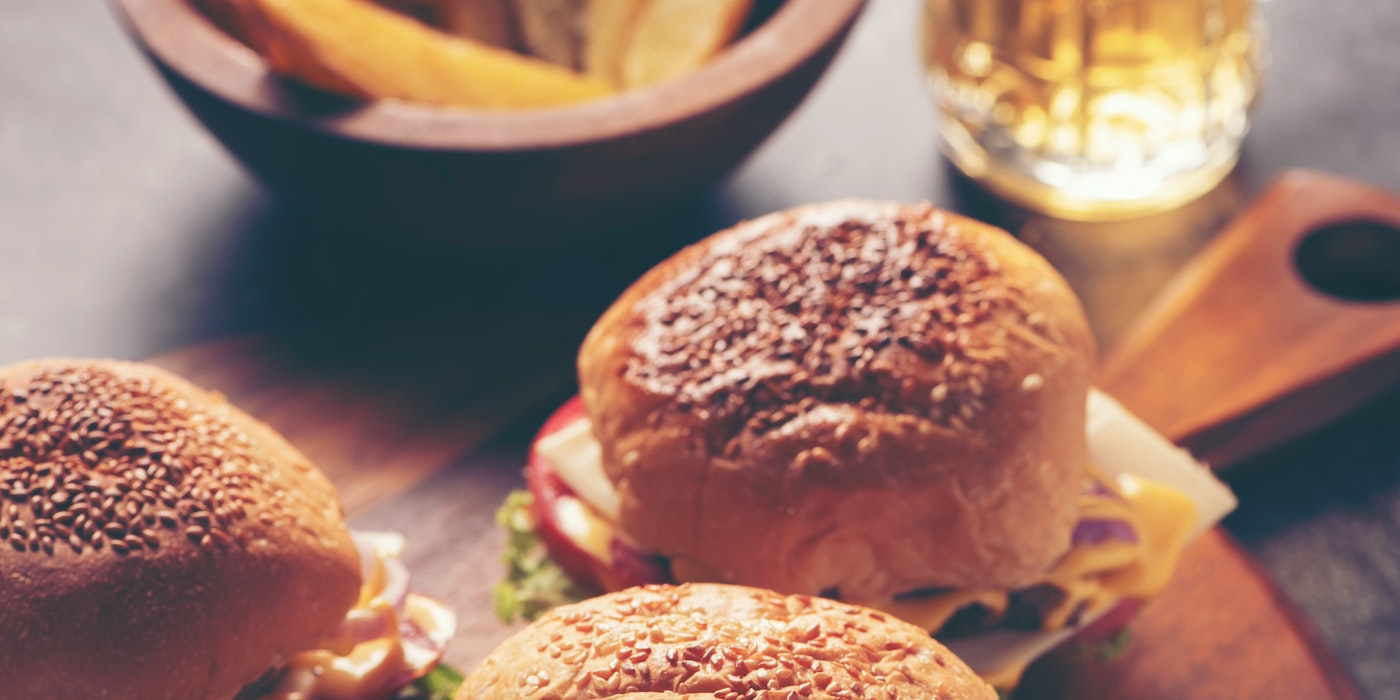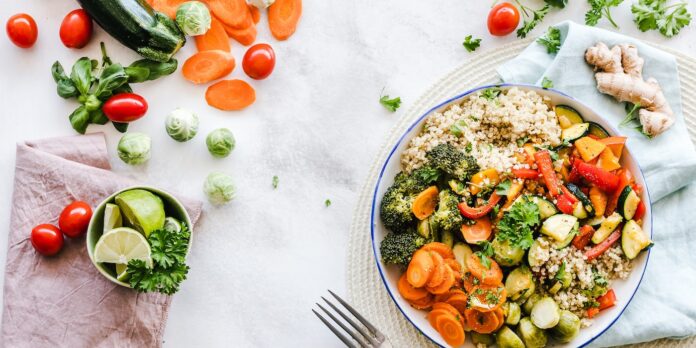Eating fruits that reduce liver inflammation is one action you can do right now to safeguard your liver. Nutrition is essential for a healthy liver, however, some fruits are better for the liver than others. We’ll look at the eleven best fruits for the liver and its health in this article.
You must cherish your liver as it is the second-largest organ in your body, after the skin. It works continuously in the background to maintain your life. You probably already know that its main job is to remove toxins from the body.
But it also absorbs nutrients from food, filters blood, breaks down pharmaceuticals you consume, stores glycogen, manufactures bile, and aids in controlling blood sugar. Losing weight, consuming less sugar, exercising, and maintaining healthy cholesterol levels are all steps that can be taken to prevent liver disease.
11 Best Fruits For The Liver
A healthy diet is essential for liver health. These are the eleven best fruits that are known to promote liver health.
Berries
Antioxidant-rich fruits have been shown to benefit liver health. According to a 2014 study on mice by The National Center for Biotechnology in Maryland, the antioxidants found in berries decrease the growth of liver lesions, fibrosis, and the formation of scar tissue.
The National Center for Biotechnology has undertaken several additional research on animals that support the notion that cranberries and blueberries, including their juices and extracts, can support liver health. According to the research, consuming these antioxidant-rich fruits for three to four weeks hindered liver harm. Blueberries also boosted antioxidant enzymes and immune cell responsiveness.
Grapefruit
Grapefruit is abundant in calories and carbs, rich in vitamin C, and promotes liver detoxification. Before a meal, eating grapefruit can aid to curb your appetite and assist you to resist overeating. Because it embodies a lot of soluble fiber, grapefruit can help reduce blood sugar and promote regular bowel motions.
According to a 2011 study in the European Journal of Nutrition, grapefruit naringenin can stimulate the molecules that break down fatty acids in your body. This could lessen the risk of fatty liver disease. Consult your doctor before routinely eating grapefruit since it may interact with several medications.
Apples
Apples contain a lot of pectins, which help remove heavy metals from the body by binding to them in the colon and other parts of the body. Bulky metal disposal relieves the pressure on the liver and the amount of detoxification wanted.
According to research, people with fatty liver disease, especially those who are obese, may benefit from eating fruits with a lot of fiber, such as apples. Keep the skin on at all times!
Grapes
Grapes are abundant in antioxidants, manganese, and vitamin C. They can reduce inflammation in the liver. This was observed in obese rats in a study by E. Mitchell Seymour from the University of Michigan Health System. After three months of a grape-enriched diet, the inflammation markers in their liver were significantly decreased.
Devouring grapes also lessened the pressure on the liver, kidneys, and belly fat and boosted antioxidant defense signals, mainly in the liver and kidneys. When buying, try to locate a grapefruit that feels bouncy to the touch and large for its size. Place in the fridge, but serve the fruit warm or at room temperature rather than cold for juicier fruit.
Citrus Fruits
Potassium, vitamin C, bioflavonoids, and citric acid are all nutrients found in Citrus fruits such as limes and lemons. Citrus fruit is also rich in folic acid, phenolic acid, calcium, antioxidants, and iron. These nutrients assist in liver detoxification, increase energy levels, and decrease inflammation.
Citrus fruits give the liver a boost and help turn harmful molecules into water-soluble ones. It contains the anti-inflammatory antioxidants naringin and naringenin, which protect the liver from harm.
Papaya
Papaya can lower excessive cytokine production and minimize ROS. Additionally, papaya itself may be a direct cause of the inflammatory processes. As was already noted, papaya contains anti-inflammatory and immunomodulatory properties.
Watermelon
Watermelon has a 92% water content. This fruit can be helpful if you’re experiencing dehydration. In addition to providing pleasant sweetness and crunch, watermelon also contains a good amount of potassium, zinc, and folate. These help to increase urine production without overtaxing the kidneys. Watermelon is not only essential for bone health but also highly advantageous for cardiovascular health.
Watermelon consumption has also been connected to increased cardiovascular function, leading to stronger joints and bones, because of its high potassium level, which helps the body retain calcium and improves blood flow.
Banana
Bananas are a rich source of folate, vitamin C, vitamin B6, potassium, magnesium, and vitamin A. It also contains a lot of resistant starch, which is great for the liver’s health. If you have a fatty liver, you should adhere to dietary and medical advice.
The vitamin C in bananas can help treat fatty liver if you are also taking a vitamin E supplement and a prescription to decrease blood cholesterol levels. The nutrients in bananas have the potential to help and impede your quest for a healthy liver.
Avocado
Avocados are a delicious and creamy fruit that is healthy for the liver. They are also excellent sources of choline, fiber, magnesium, potassium, vitamin C, vitamin B, and vitamin K. Avocados are often used in a wide range of cuisines. They technically belong to the berry family and offer several health benefits, including improved liver function.
Experts claim that avocados may prevent liver damage and lower blood cholesterol levels. The likelihood of having a reduced waist circumference increases with avocado consumption.
Nuts and Dried Fruits
Nuts are among the greatest fruits for the liver because they are widely available and contain beneficial elements that might enhance the liver organ’s health.
The majority of nuts are rich in fiber, good fats, and omega-3, which lowers cholesterol and aids in fat absorption in the body. Nuts also include vitamin E, which is important for the liver because of its antioxidant properties.
All of this shields the body and liver against the buildup of extra fat and the negative effects that might result from it, such as the onset of diabetes or obesity.
A 2019 study found that those with higher nut-to-diet ratios are likely to have lower odds of developing fatty liver disease.
The following nuts are among the most suggested and widely available to the general public:
- Almonds
- Walnuts
- Peanuts
- Cashew
- Hazelnuts
Despite their many health benefits, nuts should only be eaten in moderation because even a small serving can be heavy in calories. We advise either consuming them in whole grain granolas or mixing them into yogurt, fruit salads, salads, and other recipes.
Prickly Pear
A tasty and healthy fruit, prickly pears can aid to enhance liver function. It contains a lot of vitamins and minerals, particularly potassium, iron, magnesium, zinc, and vitamin C. Betalains, an antioxidant as potent as green tea, are present in the fruits. It has been demonstrated that due to its high antioxidant content, it supports liver health by shielding the liver from toxins and enhancing liver function.
Lemon
The liver can be cleansed with a glass of warm water and lemon juice. It aids in stimulating and cleansing the liver, which enhances liver function. It’s a good source of antioxidants, magnesium, copper, vitamin B, and vitamin C.
These anti-inflammatory compounds also eliminate free radicals and help your body absorb glucose. Lemon flavonoids reduce cholesterol and blood sugar levels. Additionally, they lessen the symptoms of diabetes and prevent heart disease.
Lemon juice helps shield your liver from the harm that alcohol causes. Lemon’s pectin and essential oils work to strengthen the stomach lining, which lessens the amount of waste that leaks into the liver.
Worst Foods For The Liver
The following foods should be avoided as it obstructs the normal functioning of the liver.
- Alcohol
- Red meat
- Salty foods/snacks
- Baked food items
- Fast foods
- Fizzy drinks
Conclusion
The largest organ in the body, the liver, has several vital duties. It generates bile to aid in food digestion, preserves vitamins and nutrients, and fights disease and sickness, to name three of its tasks. The liver is an excellent multitasker. It is possible to compare this crucial organ to a filtration system. It helps your body remove contaminants while also drawing nutrients from the food you ingest.
For the rest of your body to operate normally, the liver is a vital organ that must be functioning at its best. Maintaining a balanced diet and making healthy lifestyle decisions can help you accomplish a lot to protect this organ (such as abstaining from alcohol and smoking). The aforementioned fruits and their nutrients can boost enzyme production, strengthen defenses against toxins, and lower the risk of liver and cancer diseases.
A healthy, all-natural way to preserve your liver is by eating these foods. Given its constant work, it should come as no surprise that the liver needs a lot of vitamins, antioxidants, and minerals to keep itself operating. The good news is that by eating and drinking certain fruits, we can make sure they get there.




